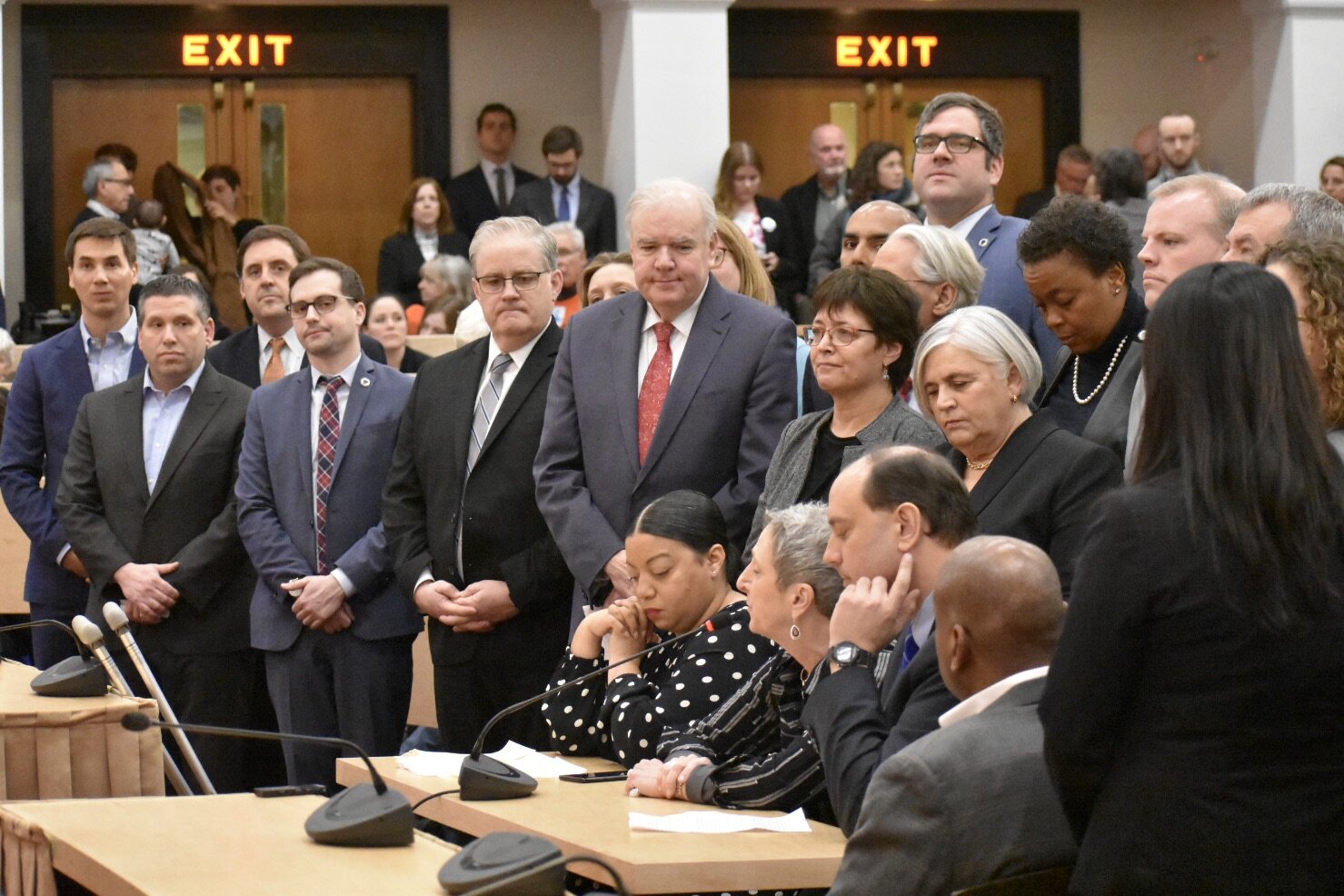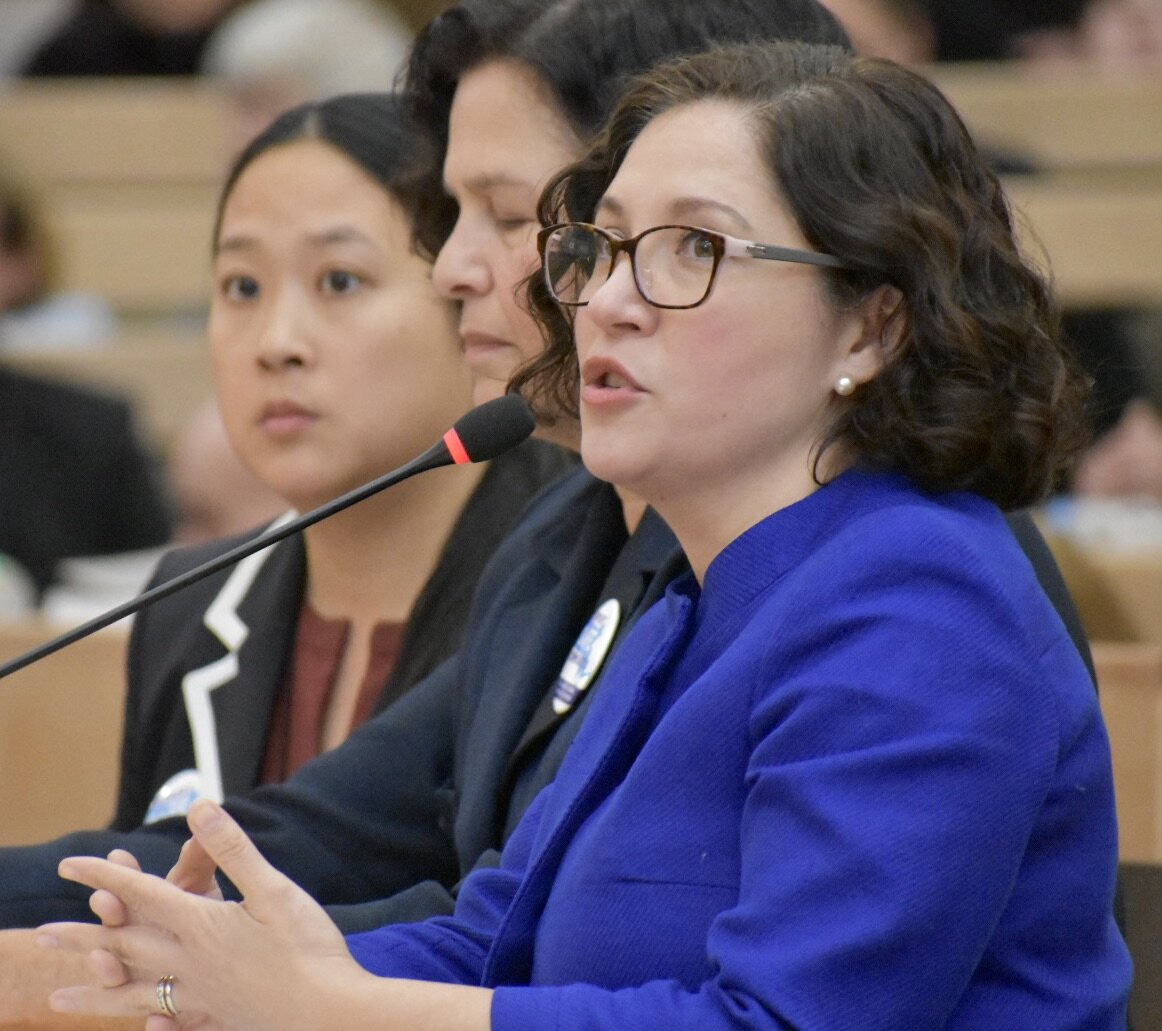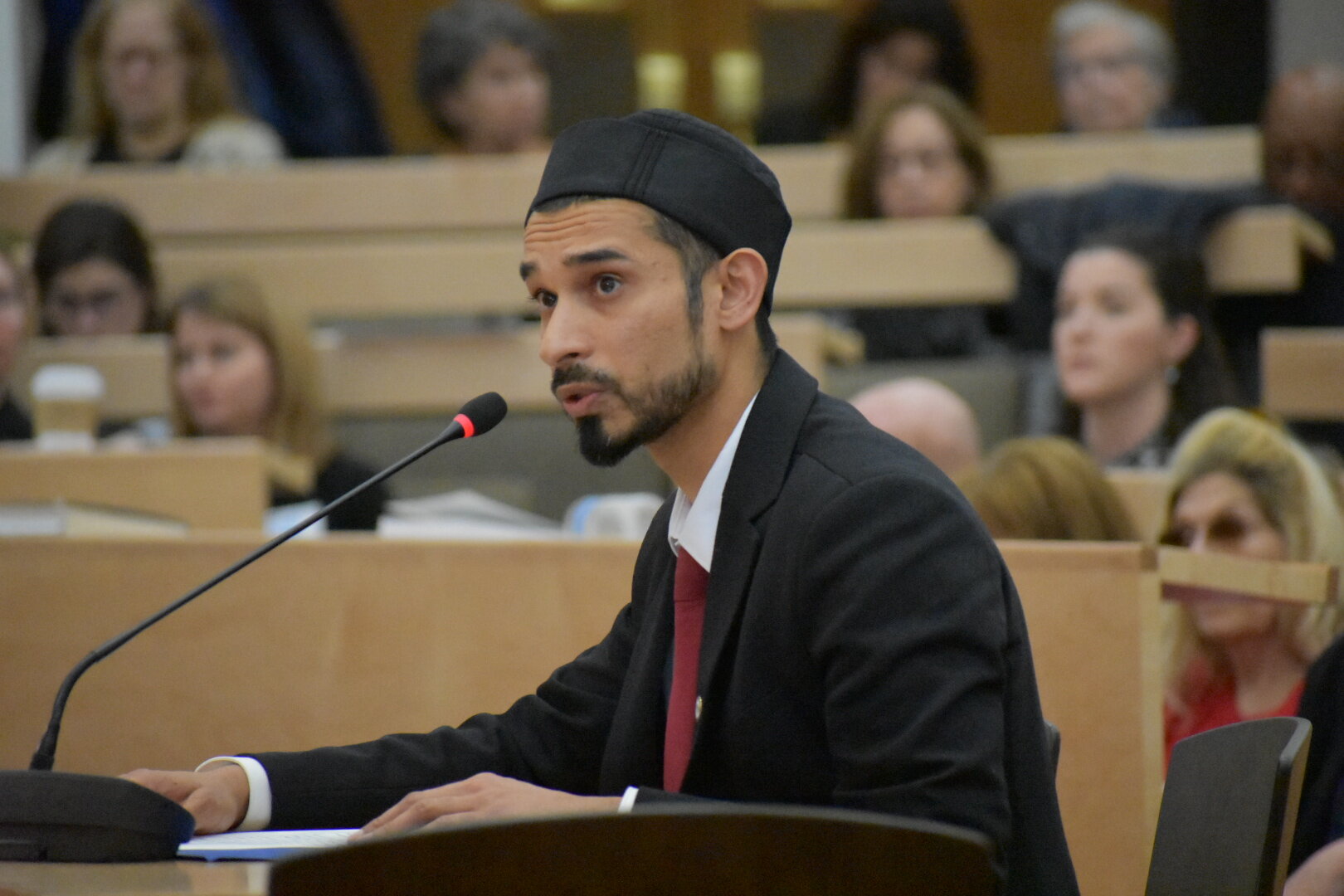FEDERAL PUBLIC CHARGE
UPDATE AS OF December 23, 2022:
The public charge rule is legally a ground of “inadmissibility.” Immigrants who apply for a visa or green card to enter the U.S. must pass a “public charge” test, to determine whether a person is likely to be dependent on the federal government in the future. The test considers a totality of circumstances, as well as an Affidavit of Support to make this decision. As of now, the benefits considered for this test include only cash assistance for income maintenance (SSI, TANF, etc) or Government funded long-term institutional care (not short-term rehab or home- and community-based services. Most immigrants aren’t even eligible for these kind of benefits.
Although the incoming administration may change the rule, for now, advocates recommend that we advise immigrants to keep their benefits and apply for benefits for which they are eligible.
What should we tell our immigrant patients and clients?
Keep your benefits and apply for benefits for which you are eligible.
If the public charge rule is changed, it will most likely not be retroactive. The rule does not apply to many categories of immigrants. If the rule is changed, you should seek out quality information from the Protecting Immigrant Families (PIF) coalition or trusted local community partners. In 2021 there was a 6-month grace period for people impacted by the public charge policy to change their benefits.
The “chilling effect” (fear about the public charge rule) caused more harm than the rule itself. If policies change, listen to trusted organizations like the Protecting Immigrant Families Coalition or an immigration attorney when making decisions about benefits.
When the public charge rule was implemented in 2021, millions of immigrants across the country dropped benefits. The public charge rule doesn’t impact people who aren’t applying for a visa or greencard, but many immigrants dropped benefits anyway. People also dropped benefits that weren’t mentioned in the rule, out of fear. For example, state health programs were not impacted, Wic, school lunches, food banks and more.
Information collected for determining eligibility for benefits is protected, so you should apply for benefits you are eligible for.
Information collected for determining benefit eligibility is protected by law and is only supposed to be used to determine benefit eligibility. Other agencies (like immigration) are not allowed to access the information.
Public Charge Resources
Frequently asked questions at the national level: Protecting Immigrant Families
Health Care For All (HCFA), 1-800-272-4232
Health Law Advocates (HLA), 617-338-5241
MASSACHUSETTS LEGISLATIVE ADVOCACY
Policy changes deeply affect the health of immigrants, as fear of immigration enforcement leads to negative health outcomes and prevents people from accessing necessary health and social services.
§ Safe Communities Act to end state and local involvement in civil immigration enforcement.
§ An Act to Ensure Equitable Coverage for Children to ensure all kids get health coverage, regardless of status; also known as Cover All Kids
(Stay tuned for the upcoming legislative session)
SAFE COMMUNITIES ACT
HLISN is part of the Safe Communities Act Coalition. Below are photos from the Safe Communities Act hearing at the Massachusetts Statehouse in January 2020.
COVER ALL KIDS ACT
This bill closes the gaps in coverage and ensures that all children in Massachusetts can access healthcare services, regardless of immigration status.
Visit https://hcfama.org/policy_campaigns/cover-all-kids/ for more information.
PROVIDING STABILITY FOR CHILDREN IN TIMES OF CHANGE: AN ACT RELATIVE TO CAREGIVER AUTHORIZATION AFFIDAVITS
Current Gaps and Limitations
Many local health centers and community organizations have encouraged immigrants to complete temporary Caregiver Affidavits (G.L.c. 201F, §§1- 6) so that families have a plan in place for who can legally manage healthcare and educational matters for their children if the parents are unexpectedly detained or deported.
“But while the concept of the caregiver affidavit is valuable, its usefulness is limited under existing law. Currently, a caregiver affidavit goes into effect as soon as it is signed and expires after two years, and the authority given is limited to healthcare and educational decisions. The law also appears to require that the appointed person already be residing in the home with the child. That approach is helpful for planned absences in situations in which the child already has a live-in caregiver such as a nanny, but it does not provide coverage when a parent’s absence is unplanned — like for emergency treatment to address substance use or mental health problems, or for arrest, incarceration, detention, or deportation.”
Source: Massachusetts Lawyers Weekly
Legislative Solution
This bill updates and modernizes existing law to give families a straightforward way to designate who will care for their children when they are temporarily absent from the home or otherwise unavailable. H.3445 would make the existing statute more flexible and more comprehensive. It clarifies the authority of caregivers to deal with daycare providers, enroll children in sports and other after school activities, etc. It also allows families to prepare affidavits which will "spring" into effect, just as a springing power of attorney would, if the parent is called into active military service, hospitalized, incarcerated, detained, deported, or otherwise required to be absent from home and children for some period of time.

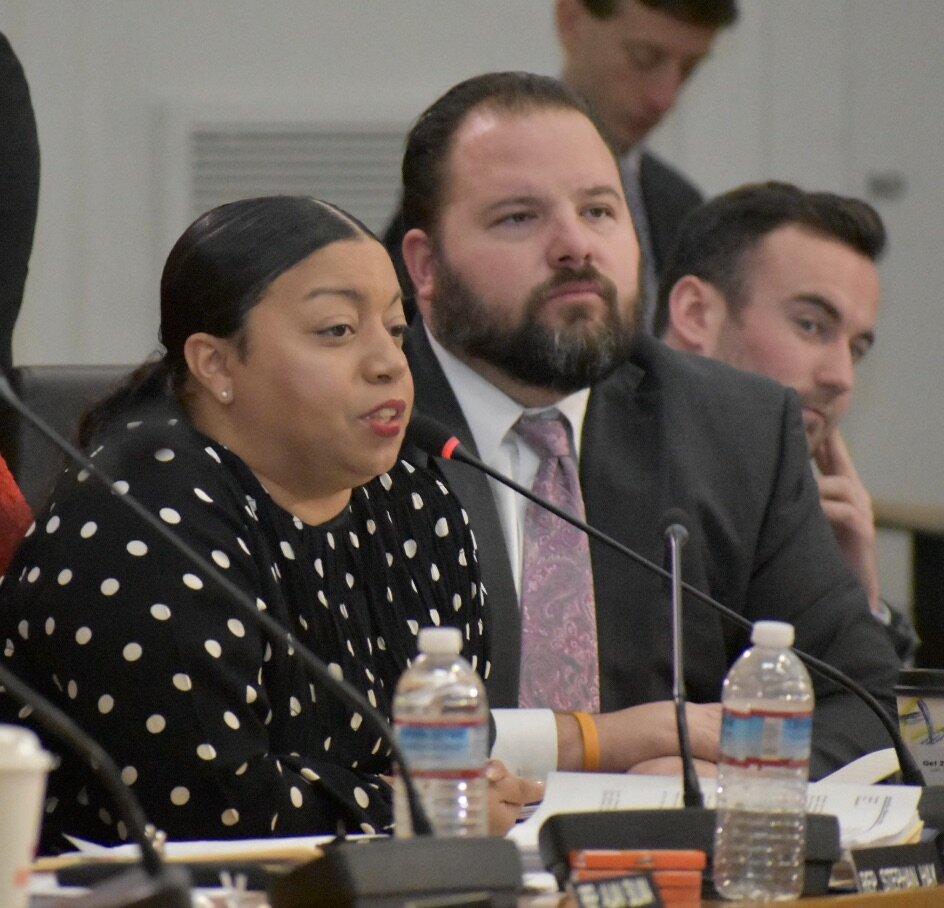
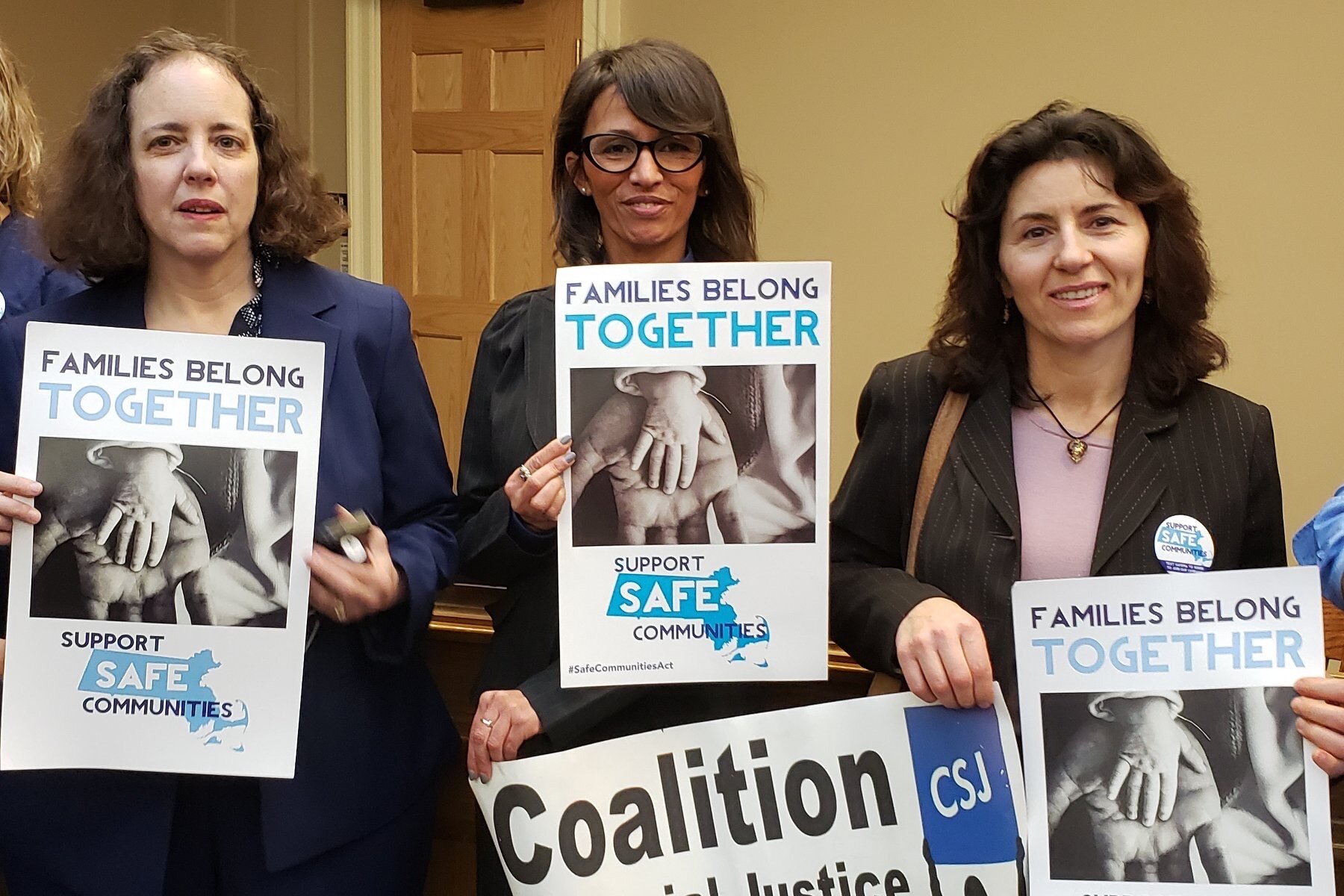
![Salem State speaks[1].jpg](https://images.squarespace-cdn.com/content/v1/5be75d32506fbe742702c232/1581952626167-F84IF0RANVUDZSCLW0N5/Salem+State+speaks%5B1%5D.jpg)

